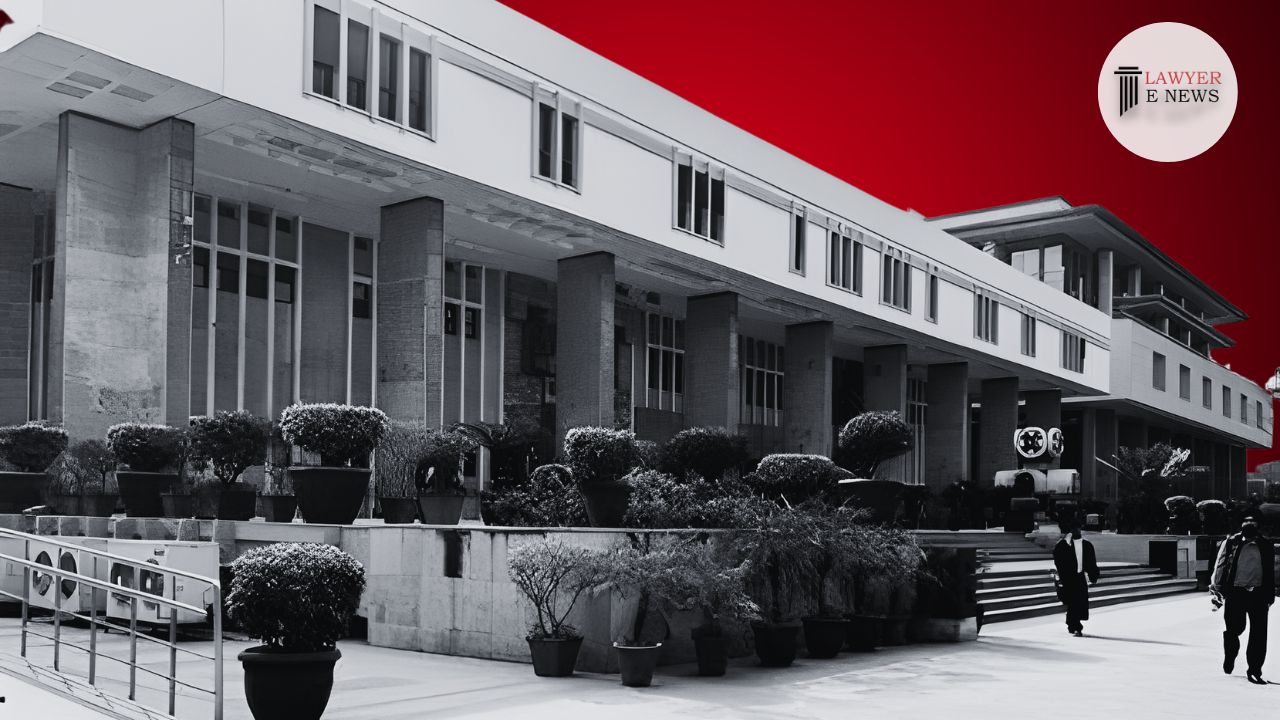-
by Admin
18 February 2026 2:25 PM



In a significant development, the Delhi High Court recently granted bail to an accused who had been charged under Sections 3 and 9 of the Official Secrets Act. The court, while pronouncing its judgment, emphasized the provisions of Section 436A of the Code of Criminal Procedure (CrPC) and the importance of ensuring a speedy trial. The case had been pending for over seven years, and the court took into account the period of the COVID-19 pandemic while calculating the applicant's detention period.
The applicant had been charged with offenses under the Official Secrets Act, which carries a maximum punishment of 14 years. He had been in judicial custody since December 2015. The court noted that the applicant had already undergone more than half of the maximum sentence provided for the offenses he was charged with, meeting the basic requirement under Section 436A of the CrPC.
The court relied on the Supreme Court judgments in Satender Kumar Antil and Vijay Madanlal Choudhary to highlight the mandatory nature of Section 436A of the CrPC. It observed that there is no need for a bail application in cases where the accused has already completed more than half of the maximum sentence and the reasons for the trial delay are not attributable to the accused.
Regarding the exception to the provision, the court held that continued detention should be undertaken sparingly and that bail should be the rule and jail the exception, keeping in view the principle of presumption of innocence. It further noted that the gravity of the offenses charged does not automatically exclude the application of Section 436A. The prosecution must establish that the case falls within the exception, such as previous similar involvements, tampering with evidence, or the likelihood of absconding.
The court also referred to the Supreme Court's ruling in Union of India v. K.A. Najeeb, where it held that statutory restrictions do not exclude the discretion of constitutional courts to grant bail based on the violation of fundamental rights enshrined in Part III of the Constitution.
Taking into account the facts and circumstances of the case, the court granted bail to the applicant upon furnishing a personal bond of Rs. 1,00,000/- with two sureties of the same amount. The conditions of bail include reporting to the Superintendent of Police in Rajouri twice a week and providing all mobile numbers to the Investigating Officer. The applicant must also drop a pin on Google Maps to ensure his location is available to the authorities. Leaving the country without prior permission from the trial court is prohibited, and the applicant must not tamper with evidence or influence witnesses.
While granting bail to the accused charged under the Official Secrets Act, the Delhi High Court emphasized the importance of ensuring a speedy trial and the mandatory compliance of Section 436A of the CrPC. The court's ruling highlights the principle that bail should be the norm, and jail should be the exception, based on the presumption of innocence. This judgment provides significant guidance on the interpretation and application of Section 436A in cases involving serious offenses.
MOHAMMAD SABER vs STATE OF NCT OF DELHI
